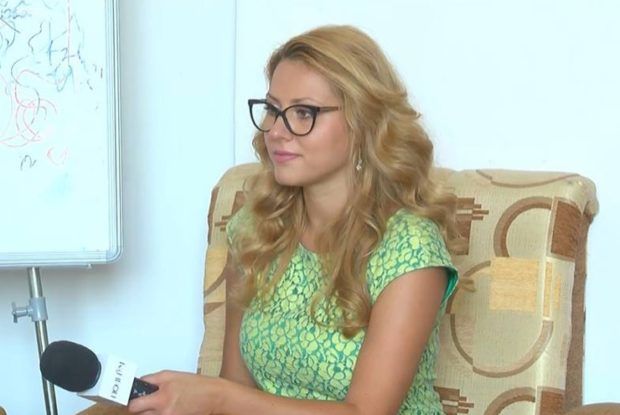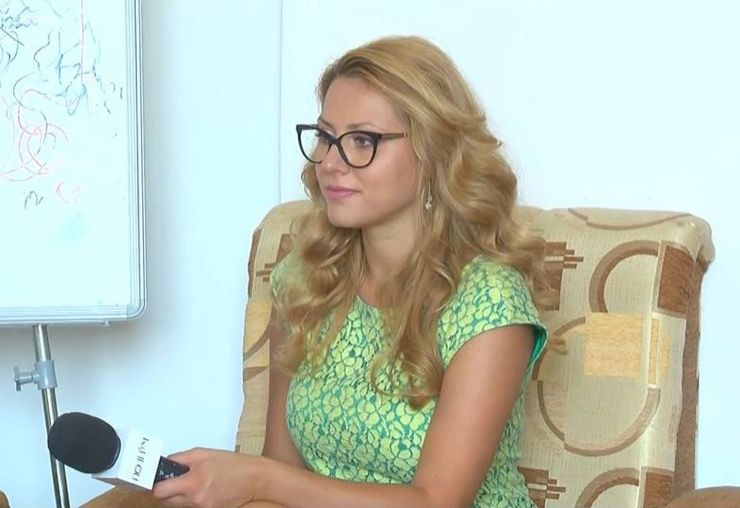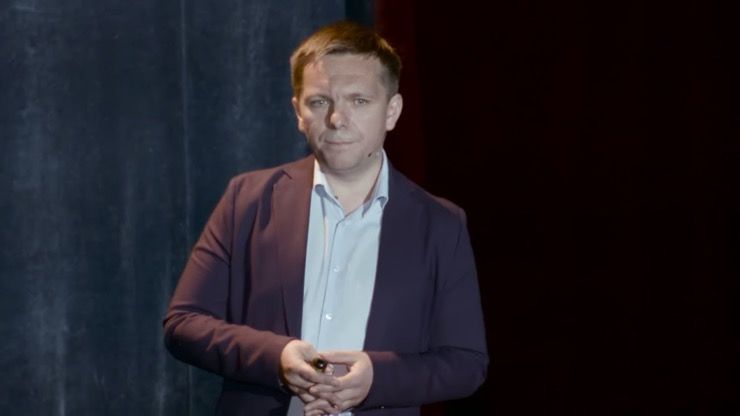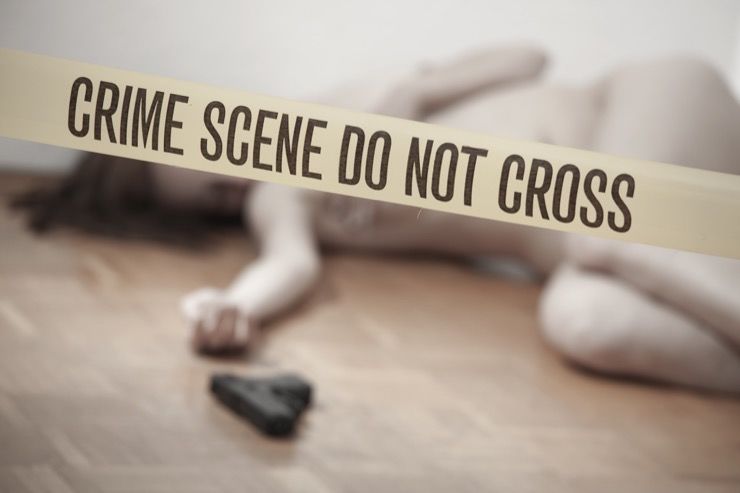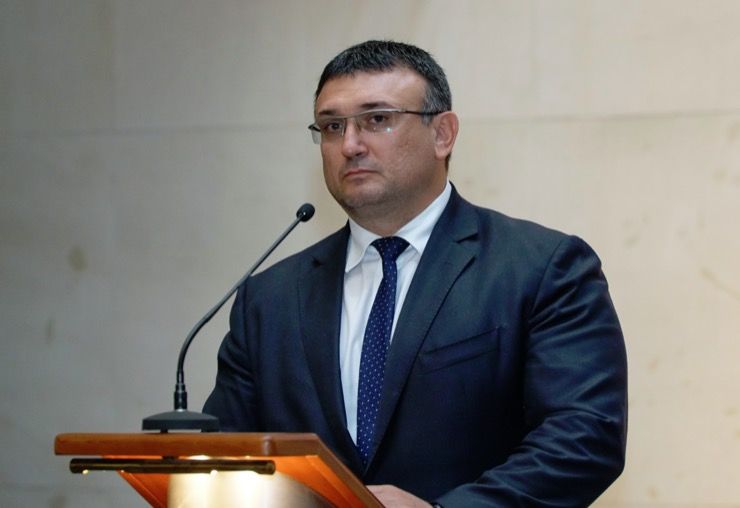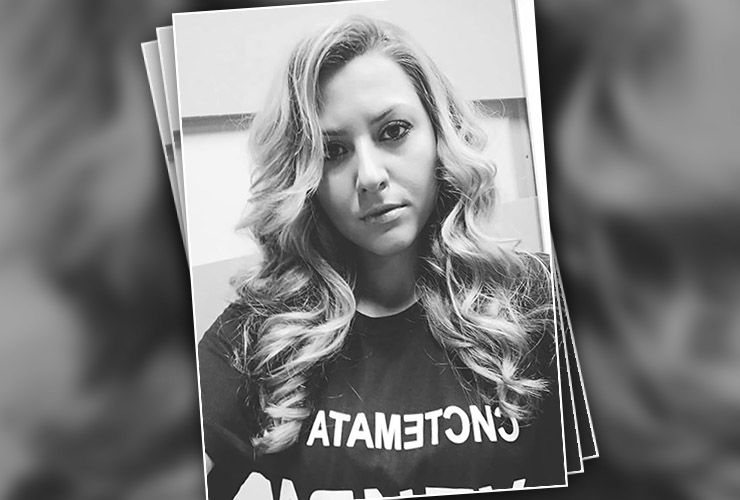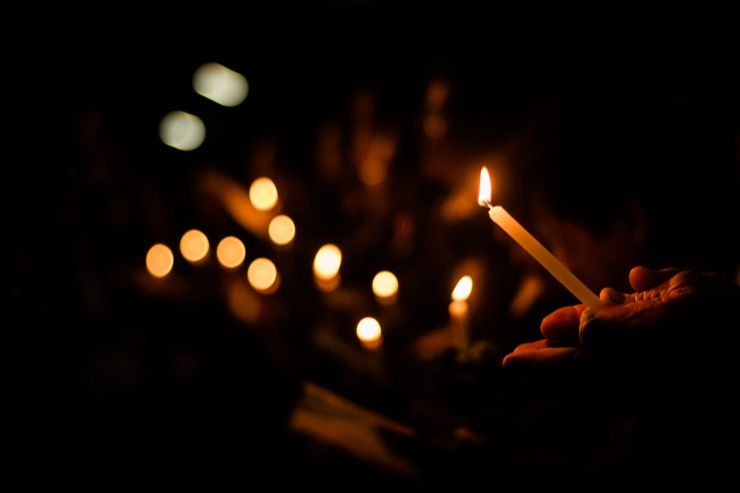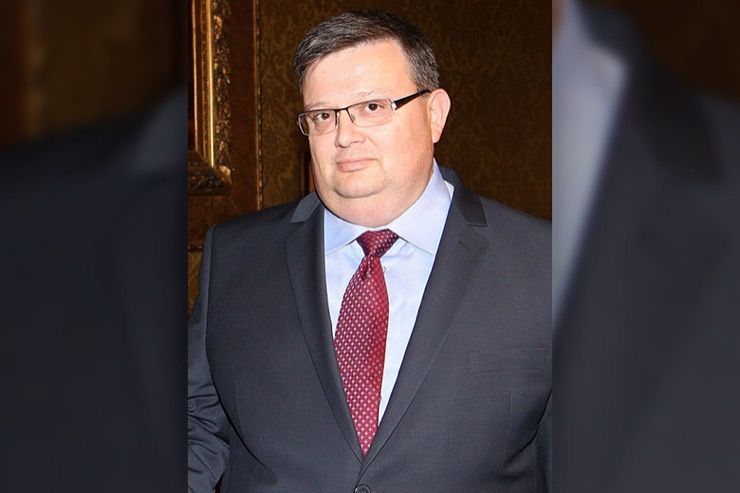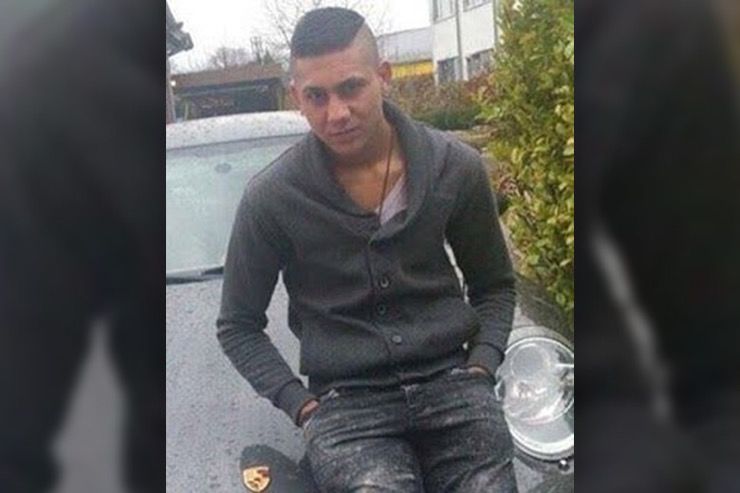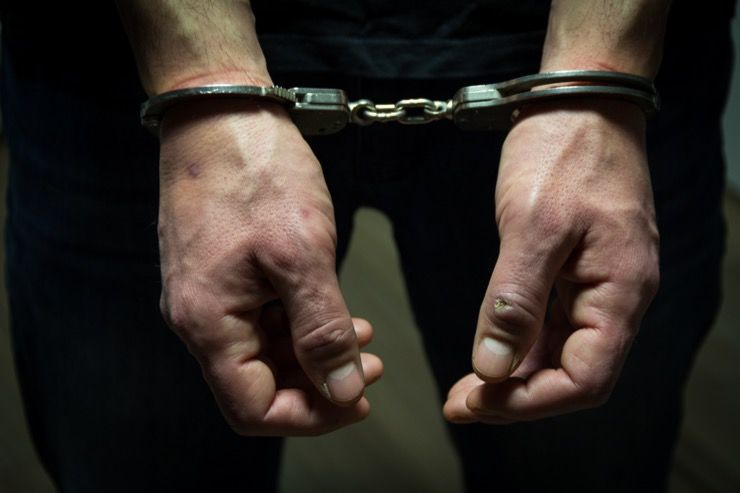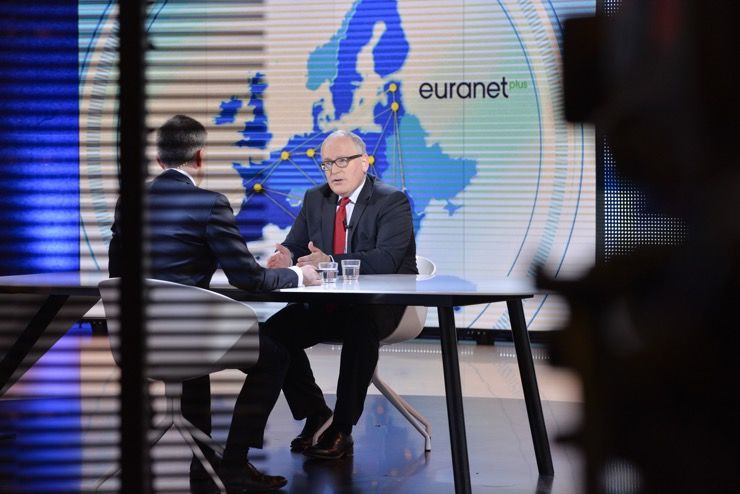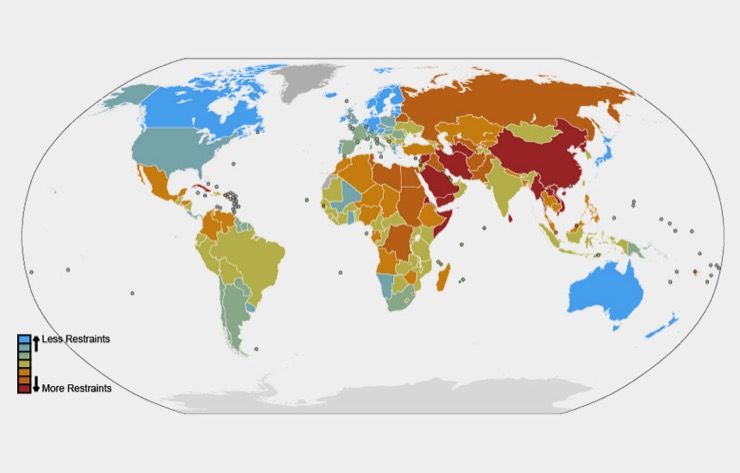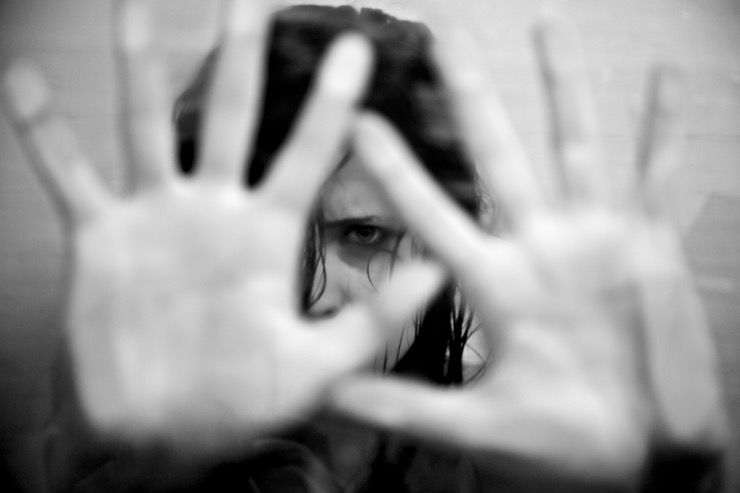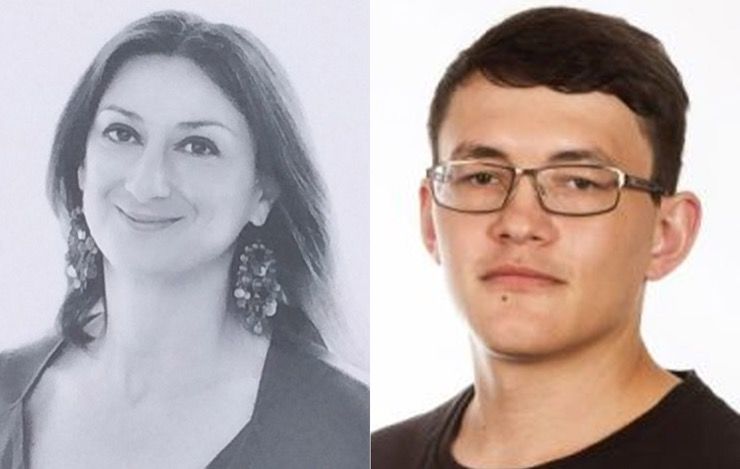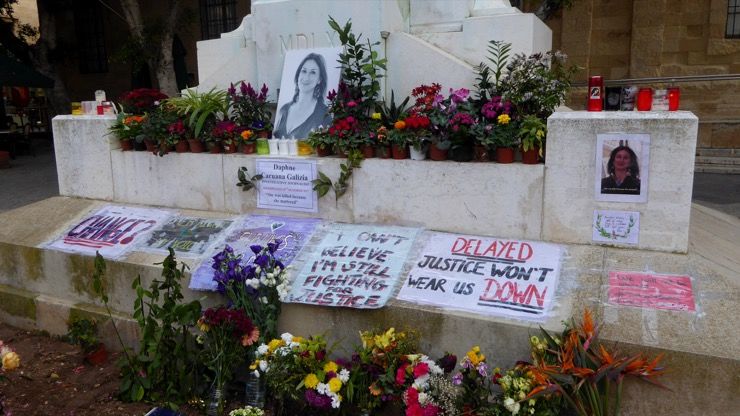While the field of journalism is crucial in order to have an informed public, it often comes at a dangerous cost. Journalists often risk their lives to uncover the truth of regarding things like government corruption.
In an effort to hold the powerful accountable, journalists are killed and held captive in some countries around the world. In 2018, 29 journalists were killed worldwide, according to the Committee to Protect Journalists. The woman in the following story was one of the unfortunate victims.
Journalist
Viktoria Marinova, 30, worked as a journalist in Bulgaria, anchoring the program “Detector” on TNV. She previously hosted a lifestyle program and was involved in charity work, all while taking care of her young daughter. In preparation for Detector to relaunch, Marinova was in charge of covering a corruption case involving European Union Funds.
Show Called Detector
The first episode of the show on September 30 was about Attila Biro, an investigative journalist with the Rise Project Romania, and Dimitar Stoyanov from the Bulgarian investigation site Bivol.bg. The two men were briefly detained on September 13 as they investigated a tip that documents connected to suspected fraud involving EU funds were being destroyed.
Corruption
The fraud involving the European Union funds linked to politicians and big businessmen was major news that no other journalists had publicly exposed before. “This is a topic in which no other Bulgarian national media dared to report on,” Bivol.bg owner Assen Yordanov told the Associated Press. While it was a big risk for Marinova, she was up for the task.
Her Final Episode
After successfully finishing the first episode, Marinova prepared for the second episode of the series. It was scheduled to air afterward and it covered the Hitrino train derailment accident, which resulted in the death of 7 people and injured more than 29 others. But Marinova never made it to the set.
Murder
In the afternoon of October 7, 2018, her body was found in a running park in Ruse, a small city in northeastern Bulgaria. She had been raped and beaten, before being murdered that Saturday at around 12 p.m. Her murder caused international outrage since it was during a time of increased violence against investigative reporters.
European Union
Blog owner Yordanov said that he couldn’t directly link Marinova’s slaying to her, but he noted how her show tackled “our very sensitive investigation into the misuse of EU funds.” “To get the truth, we are calling for an independent investigation … we want independent European investigators to get involved because we believe the Bulgarian authorities are part of this country’s criminal network.”
Shock And Despair
Bulgarian Interior Minister Mladen Marinov spoke out on the incident, describing Marinova’s murder as “exceptionally brutal.” More journalists’ groups and foreign officials expressed shock and Harlem Desir, the media freedom representative for the Organization for Security and Cooperation in Europe, demanded a “full and thorough investigation” of Marinova’s slaying.
Preliminary Investigation
In a preliminary investigation of her death, authorities found that Marinova died from blows to the head and suffocation. Ruse Regional Prosecutor Georgi Georgiev also told state media that Marinova’s cell phone, car keys, glasses, and parts of her clothing were missing when her body was found. As of the following Monday, her phone was still missing.
Independent International Inquiry
Minister Marinov gave the public what they asked for and called for an independent international inquiry, saying corruption could compromise an investigation for Bulgarian law enforcement. He initially insisted that there was no evidence to suggest the killing was linked to Marinova’s work, saying “It’s about rape and murder.”
Vigils
In the meantime, hundreds of Bulgarians showed on for vigils to honor Marinova. Mourners in Ruse placed candles, her portrait, roses, and the national flower, at the foot of a monument. Bulgarian Prime Minister Boyko Borissov and Interior Minister Mladen Marinov told reporters that investigators had interviewed Marinova’s family, colleagues, and friends, and found that “there is no apparent link to her.”
Smear Campaign
The Bulgarian government disputed the immediate assumption that Marinova’s death was connected to her work and Boyko Borisov said the suggestions were part of a smear campaign. On a trip to Ruse, Chief Public Prosecutor Sotir Tsatsarov, said, “At this stage, let’s be careful, not because we don’t have anything to say, but because every word uttered loosely could damage our work.”
Suspect
But eventually, police found a suspect. The man, whom authorities identified as Severin Krasimirov, 20, was born in 1997 and has a criminal record that dated back to 2007. The charges included theft and Bulgarian officials said that Krasimirov fled the scene of the murder and headed to Germany.
Questioning
He was apprehended in the northern German city of Stade, near Hamburg, and a German court said Krasimirov would soon be sent back to Bulgaria. During questioning, the suspect reportedly said that he did not want to kill Marinova and he denied raping her. However, he did admit to having an argument with her.
Under The Influence
The court said that while Krasimirov was “under the strong influence of alcohol and drugs, punched the woman in the face, at which point she fell down. He then picked her up and threw her in a bush, but said he then left the scene.” Several Bulgarian TV channels had broadcast interviews with the suspect’s mother, Nadezda Krasimirova.
Brought to Justice
According to The Guardian, speaking from her home in Stade, she said her son had told her he killed Marinova and was going to give himself up when he was arrested. “Again a courageous journalist falls in the fight for truth and against corruption,” tweeted European Union Vice President Frans Timmermans. “Those responsible should be brought to justice immediately by the Bulgarian authorities.”
Bulgaria And Press Freedom
Reporters Without Borders say that journalists in Bulgaria are “exposed to many forms of pressure and intimidation when trying to perform their reporting duties.” Bulgaria ranks last in the EU for press freedom. Globally, it ranks 111th of 180 countries, according to the journalists.
Violence Against Women
Earlier in 2018, the government refused to ratify the Istanbul Convention, a Council of Europe initiative aiming to battle and prevent violence against women. According to The Washington Post, this happened after Bulgaria’s constitutional court ruled that the convention contradicted the country’s constitution.
Three Journalists Were Killed In 2018
Marinova was the third journalist killed in the European Union in less than a year, after Daphne Caruana Galizia from Malta, and Jan Kuciak and his fiance from Slovakia were murdered. “First Malta, then Slovakia, now Bulgaria,” Sven Giegold, a German member of the Greens party in the European Parliament, said. He added that all of Europe should worry about Marinova’s slaying.
Investigating Government Corruption
Maltese journalist Daphne Caruana Galizia, who investigated local government corruption, was killed in October 2017 by a car bomb. Slovak journalist Jan Kuciak was also shot dead along with his fiance, in February, after he reported on corrupt ties between Slovak officials and Italian mobsters. Kuciak’s reporting and his slaying reportedly brought down the Slovak government.
Kim Wall
Besides these men and women, Swedish journalist Kim Wall was tortured and murdered during a private submarine trip in August 2017. Danish submarine inventor Peter Madsen was convicted in her murder and sentenced to life in prison in early 2018.
